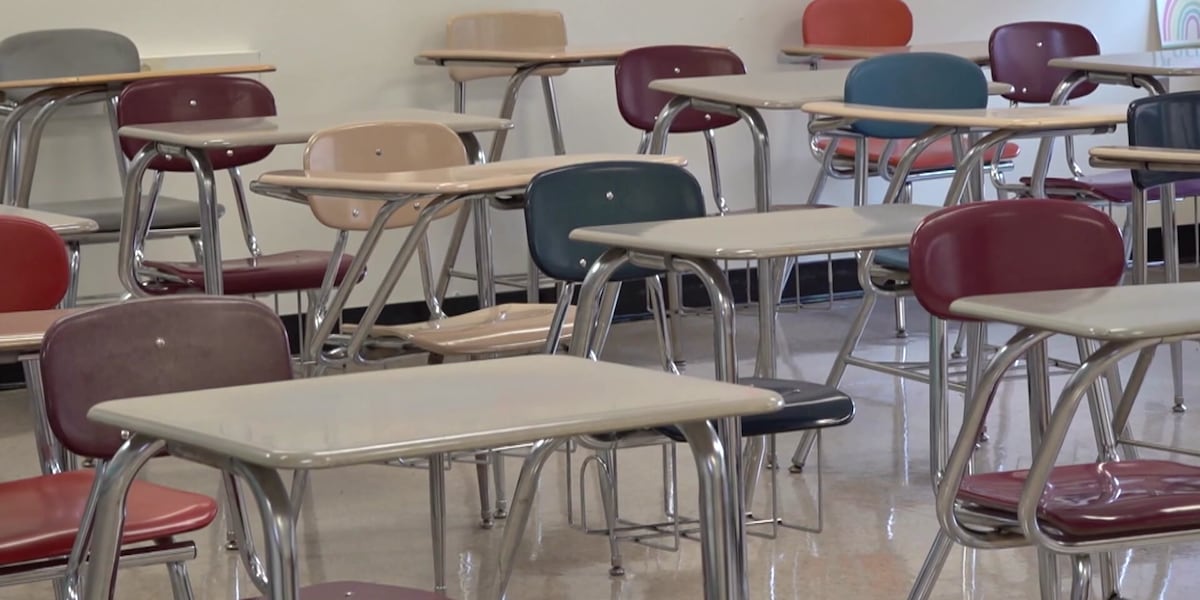Faith in the Classroom: Alabama's Heated Battle Over Public School Religious Education

Alabama lawmakers are considering groundbreaking legislation that could transform religious education in public schools. House Bill 342 and Senate Bill 278 propose introducing optional religious instruction as an elective course, potentially giving students a unique opportunity to explore faith-based learning.
The proposed bills aim to provide students with a voluntary educational pathway that allows them to delve into religious studies without mandating participation. By offering this as an elective, legislators hope to respect both religious diversity and academic freedom.
Supporters argue that the legislation would offer students a broader understanding of religious perspectives and cultural traditions, while critics express concerns about maintaining the separation of church and state. The bills are currently under review, sparking passionate debates about the role of religious education in public school curricula.
If passed, Alabama would join a select group of states exploring innovative approaches to religious education that balance academic inquiry with personal choice. The proposed legislation represents a nuanced attempt to provide educational opportunities that respect students' diverse backgrounds and intellectual curiosity.
